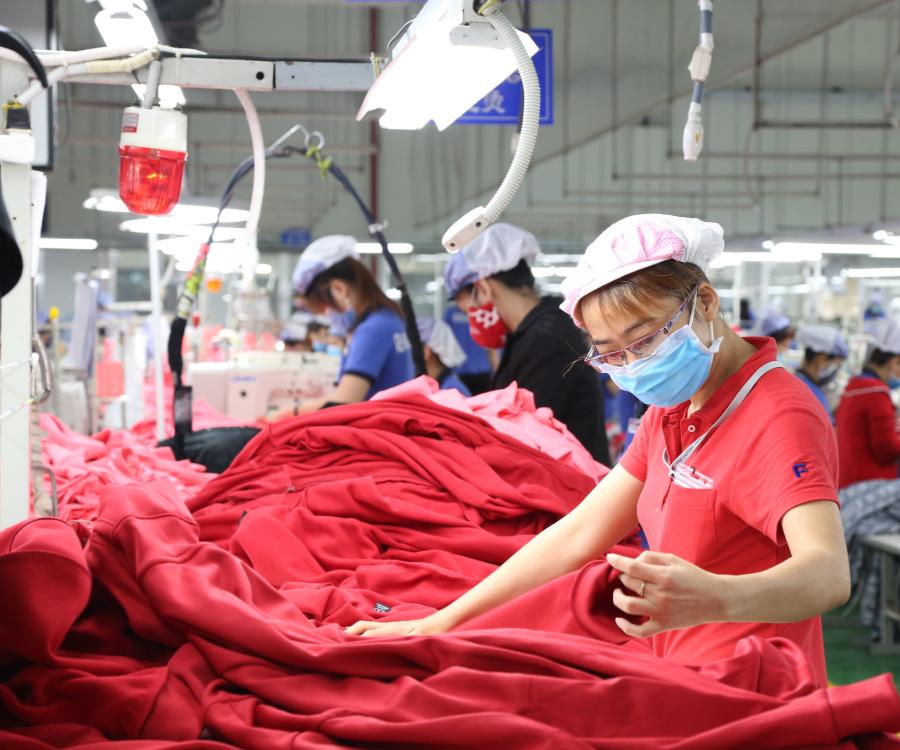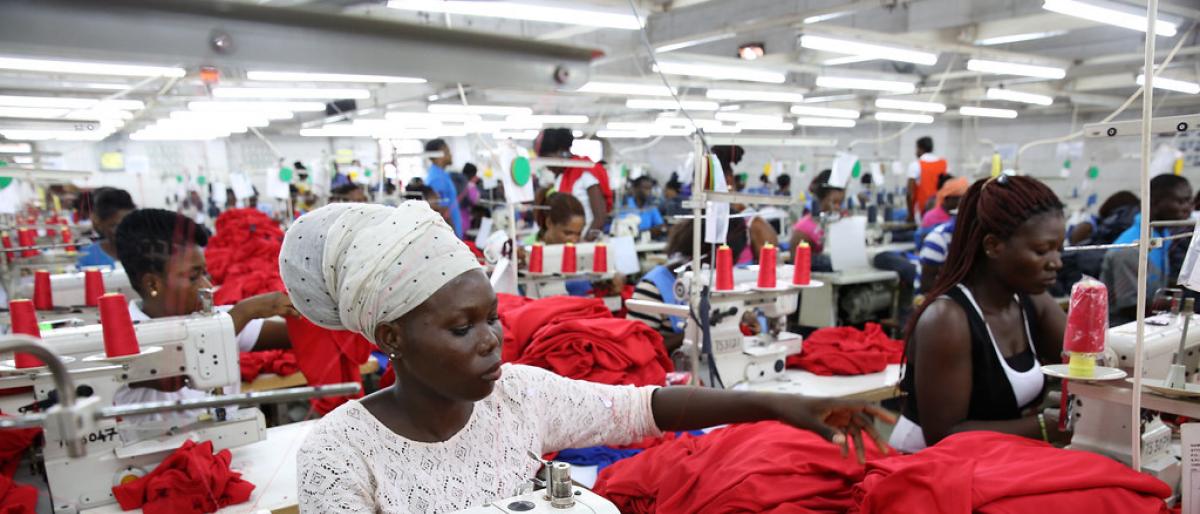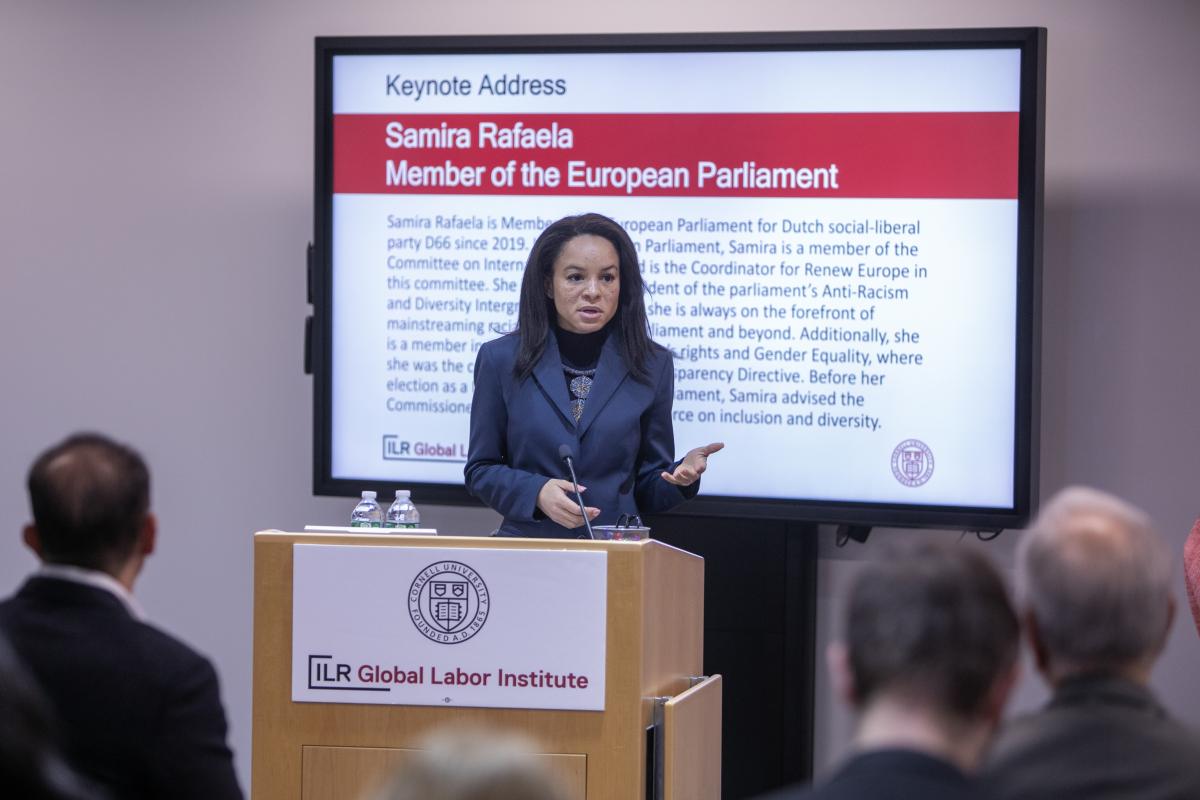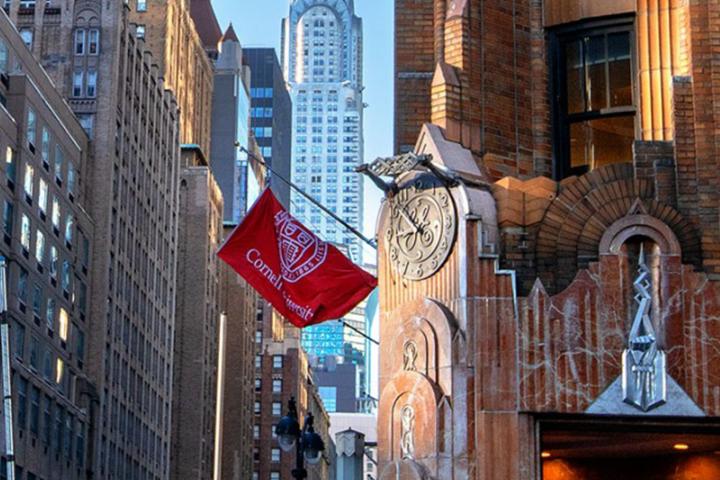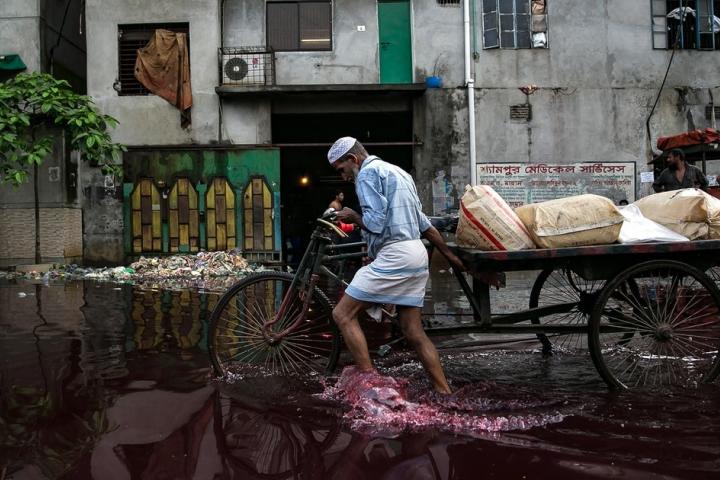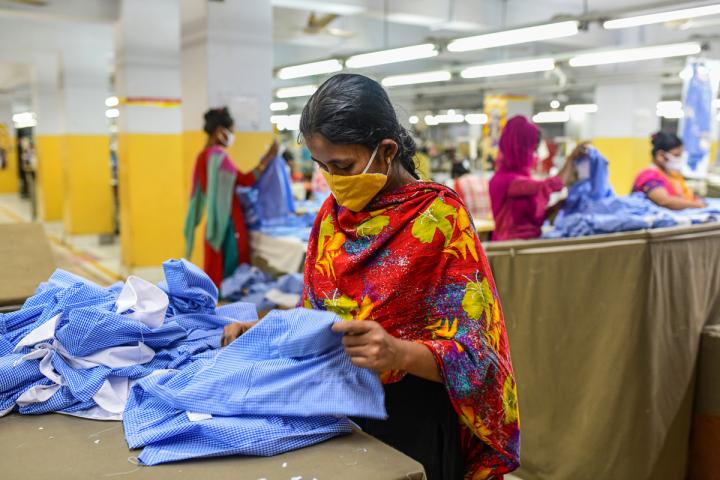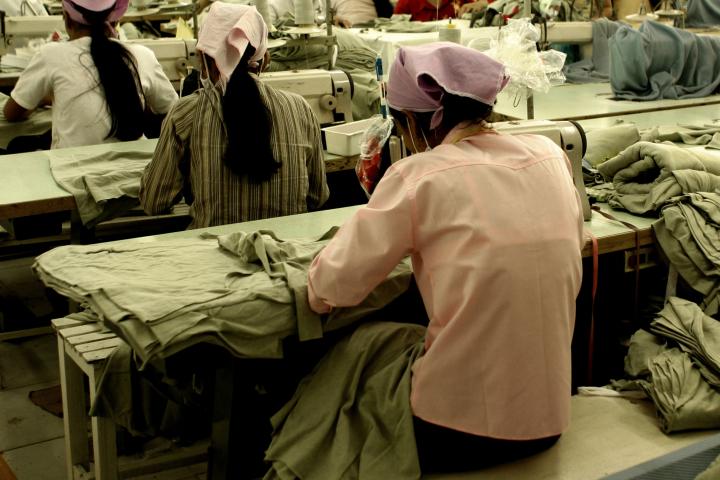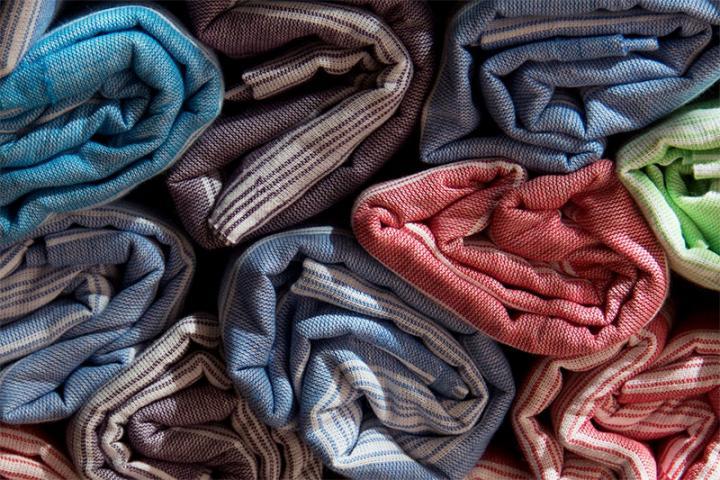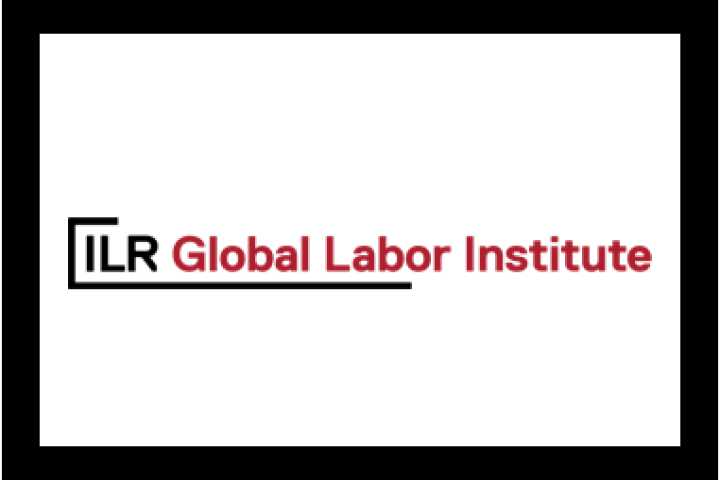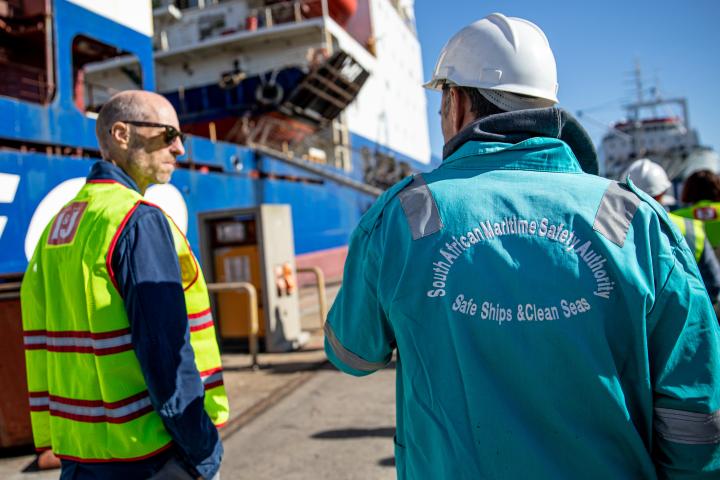In partnership with Schroders, we report the impacts of climate change on global apparel production. In our first report, we track climate change impacts at the global, national, and factory levels. We map fashion's climate vulnerabilities across production centers, and estimate future economic damages from extreme heat and flooding. Our second report examines company-level climate risk, cost, and financing for adaption and just resilience.
